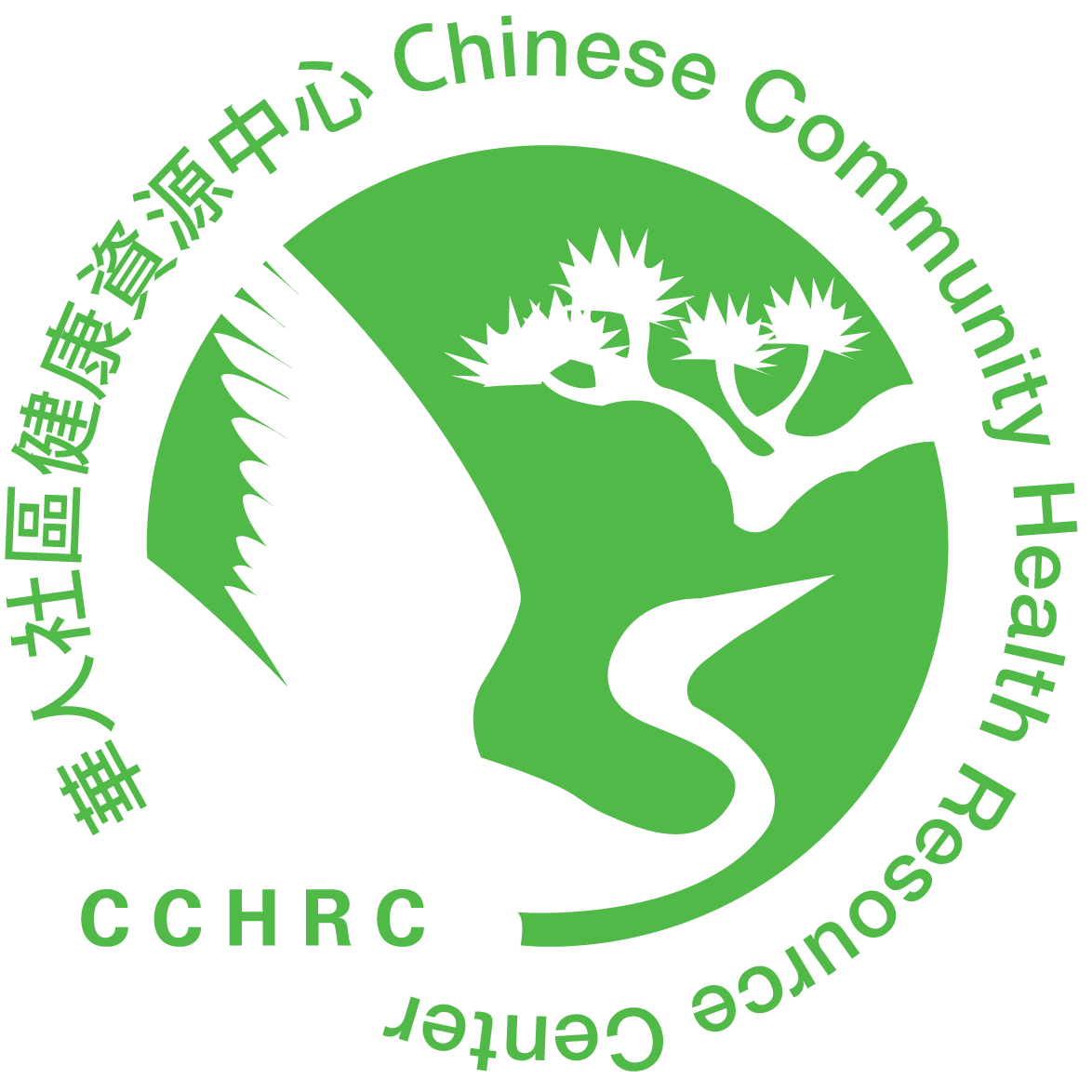WHAT IS COLORECTAL CANCER?
Cancer refers to a group of diseases caused by abnormal growth of cells. Sometimes, cells in the body divide too quickly and form lumps known as tumors. Tumors may be benign (non-cancerous) or malignant (cancerous). Malignant tumors invade and destroy normal tissues and can metastasize (spread) to other parts of the body to form more tumors. Cancer that develops in the large intestine or colon is known as colorectal cancer. The colon is the lowest portion of the digestive system. The rectum is the last 6 inches of the colon.
Colorectal cancer is the third most common cancer as well as the second leading cause of cancer-related deaths in the U.S. Nonetheless, like many cancers today, colorectal cancer is highly curable if caught early. Early detection is the key.
WHAT ARE THE RISK FACTORS?
- Age (occurs mostly over age 45)
- Family history of colorectal cancer
- Personal or family history of inflammatory bowel disease or polyps (benign growth found in the lining of the colon)
- Diet high in fat and meats and low in fiber (found primarily in fruits, vegetables and whole grains)
- Heavy use of alcohol
- Smoking
- Obesity
- Sedentary (inactive) lifestyle
SIGNS AND SYMPTOMS
- Diarrhea or constipation
- Blood in the stool (either bright red or dark in color)
- Chronic fatigue
- Frequent gas pain
- Abdominal discomfort (bloating, fullness, cramps)
- Feeling that bowel does not empty completely
- Unexplained weight loss
- Stools that are narrower than usual
RISK REDUCTION
Studies show that by making simple changes in our diet, we can lower our cancer risk by 35%. These simple changes are:
1. Choose a low fat diet
Some research show that a diet mostly of foods that are high in fat, particularly from animal sources, can increase your risk of colorectal cancer. Daily intake of fat should be less than 30% of total calories.
Ways to reduce intake of fat:
Replace high fat foods with low fat foods. For example, use low fat or nonfat milk instead of whole milk; substitute fish, lean meat, egg white, or dried beans for high-fat meats. Remove all skin and fat from meat, and skim fat from soup and gravy. Instead of deep fat frying or pan frying, substitute low fat cooking methods such as steaming, baking roasting, microwaving, or stir frying with very little oil. Do not add too much oil on already steamed foods.
(NOTE: All oil, even margarine and olive oil, are fat. In cancer risk reduction, lower intake of all fat. To achieve this goal, do not make drastic changes. Gradually lessen the frequency and quantity of fat intake, and do so with perseverance.)
2. Eat more foods rich in fiber
Every adult should include at least 21 g – 38 g of fiber daily. Whole grains, beans, nuts, and all vegetables and fruits are rich in fiber. The main part of our diet should be made up of grains. We should eat at least 6 servings or more of foods from the grain group. A piece of whole wheat bread, half a cup of cooked oatmeal, brown rice, or noodles is considered one serving. In addition, eat at least 5 servings of fruits and vegetables. A medium size fruit, a cup of raw vegetables, or half a cup of cooked vegetables is considered one serving.
High fiber foods help with elimination, so carcinogenic substances are less likely to be absorbed by the body. Furthermore, fruits and vegetables are rich in vitamin A and C which are protective against cancer.
3. Avoid Heavy Use of Alcohol
Consumption of alcohol should not exceed 2 servings a day for men and 1 serving for women.
A 12 fl.oz. can of beer, 5 oz. of wine, or 1.5 oz. of hard liquor is considered one serving.
Generally speaking, eat a balanced diet based on grains, and include appropriate amounts of fruits and vegetables, dairy products, fish, poultry, and beans; use fat and alcohol in moderation; maintain a healthy body weight. These are all important principles in the risk reduction of colorectal and other kinds of cancer. Research shows that regular exercise can also decrease the risk of cancer, hypertension, heart disease, and other chronic illnesses.
Half an hour of exercise daily is recommended. Exercise promotes intestinal motility so that carcinogens can be eliminated quickly from the body. Therefore, regular exercise can be an effective way in reducing the risk of colorectal cancer.
Early detection of colorectal cancer can save lives, but risk reduction is always better than cure. We hope that everyone can place more emphasis on reducing the risk of colorectal cancer.
DETECTION
The US Preventive Services Task Force recommends one of the following screening tests for detection of colorectal cancer among individuals with average risk:
Beginning at age 45
- Have a fecal occult blood test annually.
- Have a flexible sigmoidoscopy every 5 years.
- Have a colonoscopy at 10-year intervals.
- Have a CT (virtual) colonography every 5 years.
People who are at moderate or high risk for colorectal cancer should talk with a doctor about a different testing schedule. A cancer related health checkup is the first line of defense against cancer. Remember, early detection is the best protection.
Copyright © 1996-2025 Chinese Community Health Resource Center
If you would like a copy of this health article, please click on the PDF button in the language you prefer. To view the PDF document, you’ll need Adobe Acrobat, which you can download here.
Bilingual:



